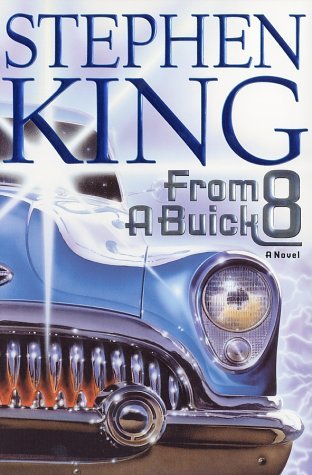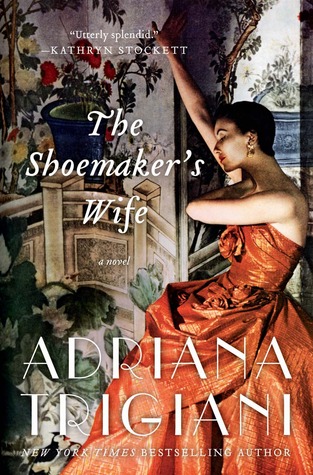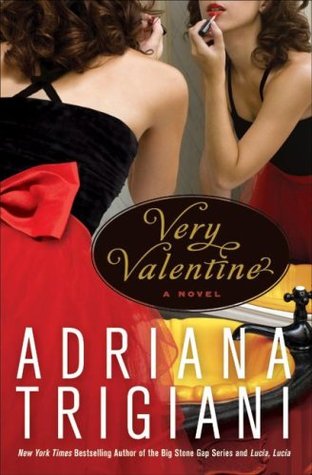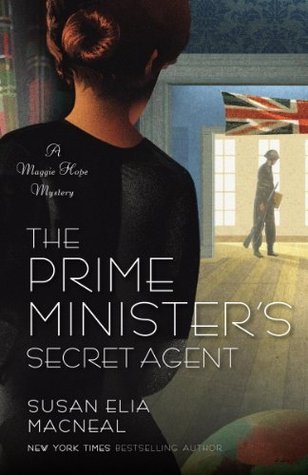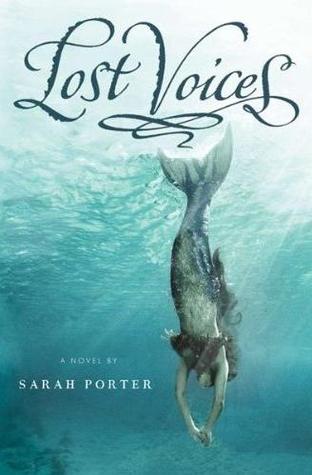
Paradise Drive won the 2015 Press 53 Award for Poetry and as of this date, has attained #1bestseller status at Amazon. About it, Molly Peacock says “Foust drives her Keatsian sensibility straight into the 21st century of terrorism and autism, divorce and yoga, soldiers and syringes, booze and valet parking, determined to prove that truth makes beauty,” and Thomas Lux says “There is great music in these poems, and sonnet after sonnet is masterful. Not since Berryman’s Henry have I been so engaged by a persona.” Today, Foust has agreed to share with us her experience writing sonnets, one of the more traditional poetic forms and one that many find difficult to write.
Please give her a warm welcome.
I’ve loved sonnets since I was young, appreciating the compression and tension in poems of that form by Shakespeare, Herbert, Donne, Hopkins, Yeats, Milton, Rilke, and Frost. If that seems like a whole lot of dead-white-guy-poets, it’s because that’s what I was exposed to during my high school and college years, so thank God for the erosion of barriers to entry now shaping a new canon, and for organizations like VIDA that continue to keep those doors open.
Later, of course, I found a broader base of sonneteers, delighted to discover poets like Kim Addonizio, Robin Becker, Kim Bridgford, Elizabeth Bishop, Eavan Boland, Anne Bradford, Gwendolyn Brooks, Jehanne Dubrow, Rhina Espaillat, Anna Evans, Annie Finch, R.S. Gwynn, Marilyn Hacker, Robert Hayden, Julie Kane, Claude McKay, Mary Meriam, Molly Peacock, Sylvia Plath, Christina Rossetti, Edna St. Vincent Millay, A.E. Stallings, Ellen Bryant Voigt, and too many others to name here.
When I found myself, after a 30-year hiatus in my writing, in grad school pursuing an MFA, it was to those early sonnets I first returned, amazed that what had moved a moody, restless teenager in the 1970’s could still move a restless, moody woman in her fifties, several decades of marriage, children, and law practice later. As my syllabus expanded, I was amazed by something else: the sheer persistence of the form. Just about every poet I read, it seemed, had at least tried his or her hand at writing sonnets, and I was surprised to learn that edgy modernists and postmodernists like Ezra Pound, William Carlos Williams, e.e. cummings and John Ashbery had written at least a few. And, that contemporary poets like Tony Barnstone, Willis Barnstone, Mark Jarmon, Major Jackson, Troy Jollimore, and Julie Kane were still winning national awards with entire books of sonnets. I was also surprised to see sonnets popping up with regularity in contemporary journals and books, this in a time when “form” was coming to be viewed, first with suspicion and then as a thing to be avoided at all costs.
What accounts for the lasting fascination with a form invented as a sort of parlor game in a Sicilian court eight centuries ago, and why is it relevant now? I took the modern sonnet as the topic for the graduate class I had to teach in my last residency at Warren Wilson and then read sonnet after sonnet, in anthologies and anywhere else I could find them.
I quickly realized that one secret to the longevity of the form is the freedom with which its practitioners have felt to depart from it, so much so that the variations have, over time, become recognized as their own forms. Thus we have Petrarchan sonnets, Elizabethan (Shakespearian) sonnets, Miltonic sonnets, sonnets with more than 14 lines (caudal sonnets, arguably the poems in George Meredith’s Modern Love and John Berryman’s Dream Songs), sonnets with fewer than 14 lines (curtal sonnets like Hopkins’ “Pied Beauty”), and even wholly unrhymed and unmetered 14-liners some call “American Sonnets.” One can detect the shadow of the form in the work of poets as experimental as Brenda Hillman (see, e.g. her poem “Trance”).
What makes a sonnet a sonnet? What are the traditional indicia of the form, and just how many of them can be jettisoned before the thing loses its identity? That inquiry became the subject of my graduate class. In the end, I concluded that sonnet structure is more internal than external, kind of like those tremendous load forces working in opposition that keep a skyscraper standing or an airplane aloft. I hoped to inspire in my students my awe for the infinite elasticity of this deceptively “fixed” form, how you can infuse it with your own voice and subjects to, in the words of Monica Van Duyn, “make it your own.”
I tried to make it my own in my fifth book, Paradise Drive, which consists wholly of sonnets linked in a narrative and featuring a protagonist named Pilgrim on a journey, actual and metaphoric, from despair in rust-belt Pennsylvania to despair in the glittering, affluent suburbs of Marin County, California. I like to say that Pilgrim is six parts me and four parts wholly-made-up, and that the book is populated with composites of people I’ve met in my own life while living the life described by Pilgrim’s journey.
While writing the poems for Paradise Drive I was thinking about the idea that poetry should be for all people, not just academics or other poets, and that what occupies people universally is story, especially story rooted in structure. In my book, the scaffolding is provided by the sonnet form. Its core poems came in one great insomniac rush in 2008 when, just after having read James Cummins’ darkly funny book of narratively-linked sestinas, The Whole Truth, I wrote about 40 sonnets without stopping. They were terrible, of course, and the few that made it into Paradise Drive had to be revised maybe a hundred or more times.
But Cummins showed me a way to weave comedy and tragedy into the language of contemporary vernacular and pop culture, and in this, he seemed to me a modern Shakespeare. “It can be alive” is what I kept thinking. Poetry can be alive.” Another triggering factor was the recent series of suicides of three women in Marin County, all housewives and mothers like me. What was going on, I wondered, in this place—Marin County—that I and most people thought of as “Paradise?” Over the next few years the poems continued to pour out, always in sonnet form, and eventually aligned themselves along the arc that is Paradise Drive. I hope that readers of all kinds—from people like my mother who never went to college but loved poetry to people who have devoted their lives and educations to its study—will find points of entry and enjoy the book.
About the Poet:
Rebecca Foust’s other books include All That Gorgeous Pitiless Song (Many Mountains Moving Book Prize), God, Seed (2010 Foreword Book of the Year Award and Massachusetts Book Award finalist), and two chapbooks that won the Robert Phillips Poetry Chapbook Prize in 2007 and 2008. The 2014 Dartmouth Poet in Residence, Foust is the recipient of fellowships from The Frost Place and the MacDowell Arts Colony. Her essay, “Venn Diagram” won the 2014 Constance Rooke Creative Nonfiction Award and was published in The Malahat Review.
You can order Paradise Drive at Press53.
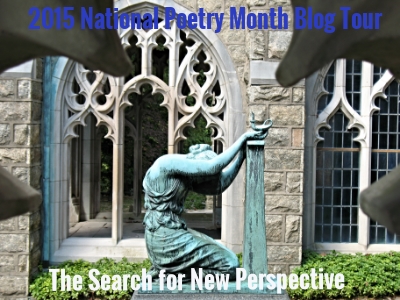

 About the Poet:
About the Poet: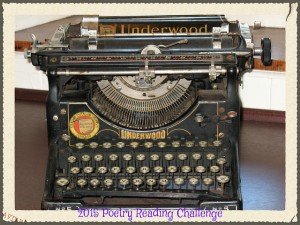
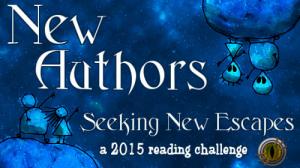


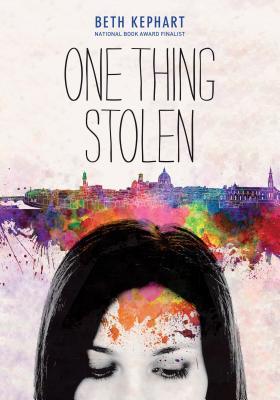


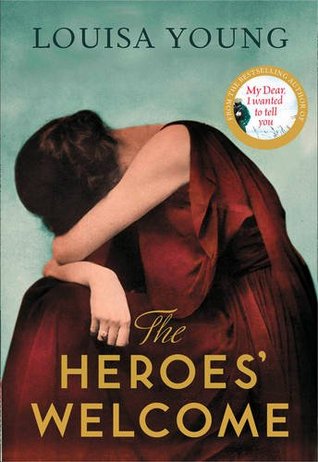
 8. Intermezzo: A Pride & Prejudice Variation by Abigail Reynolds from the author.
8. Intermezzo: A Pride & Prejudice Variation by Abigail Reynolds from the author.

